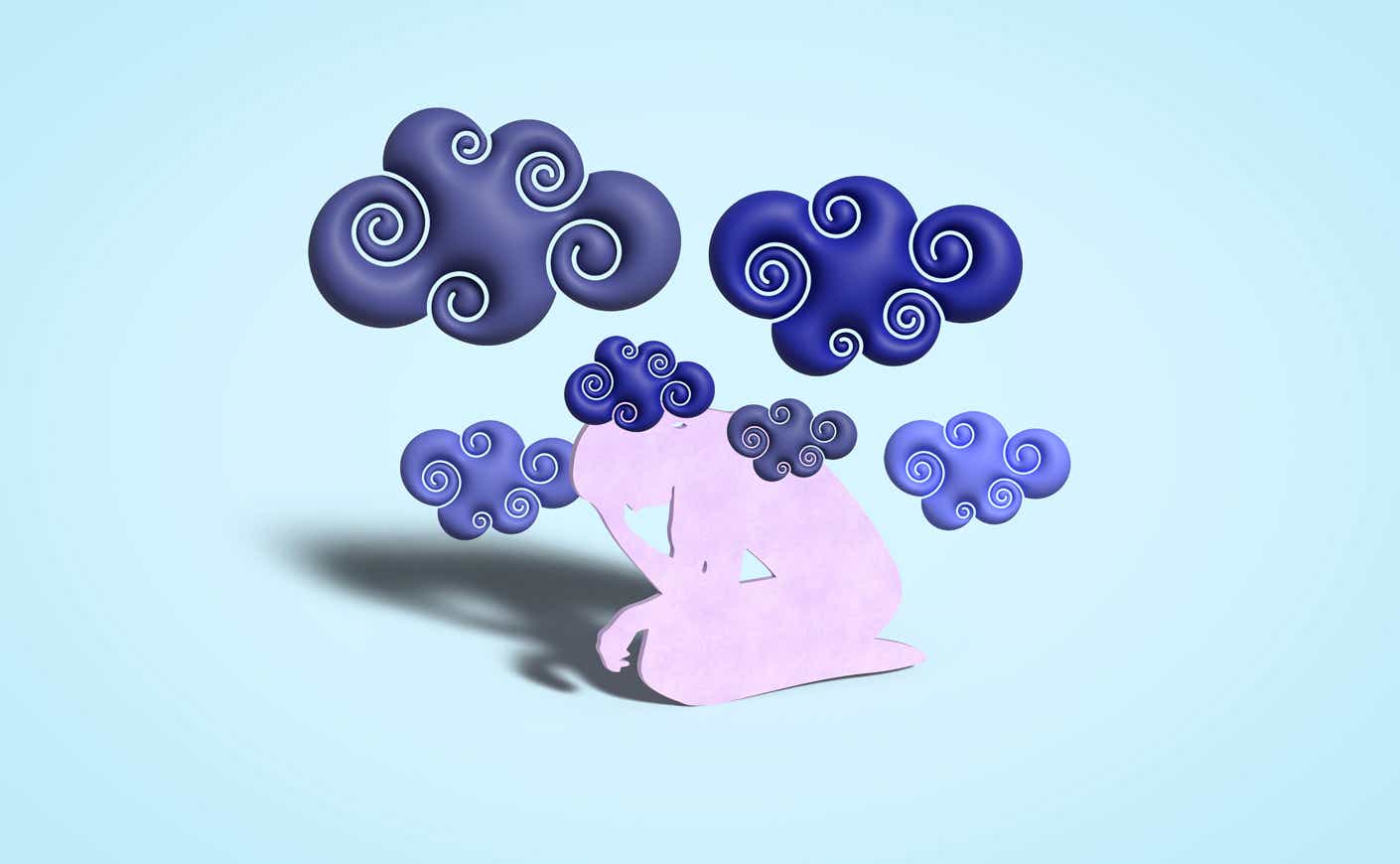Anyone who’s ever gone through menopause knows the unpleasantness of the unrelenting hot flashes, brain fog, and other symptoms that crop up. Hormone therapy (HT) was, when it was first introduced in the 1960s, supposed to be a safe antidote for these inconveniences, one that was eventually prescribed to millions of women as a way to remain “feminine forever.”
For the most part, the treatment delivered on its promise, mitigating the most frustrating effects of menopause — but even the best remedies come with risks. There’s some evidence that HT may increase your chance of developing Alzheimer’s, but the connection between the two is complex and still poorly understood. Here’s a look at what we do know, why not all women on HT may be at risk, and estrogen's impact on the brain.
Can hormone therapy cause Alzheimer’s?
A 2023 study conducted in Denmark determined that hormone therapy led to an increased risk of Alzheimer’s and other forms of dementia. Researchers analyzed the medical records of more than 60,000 women and found that those using hormones were 24 percent more likely to develop neurodegenerative diseases than those who weren’t. These findings align with other studies that have reported a similar connection.
But published that same day, in the same journal as the Danish study, researchers from the Mayo Clinic and Harvard Medical School issued an op-ed noting “a causal link remains unlikely.” They argue that the study can’t say for certain whether it’s the hormones or the symptoms the hormones are supposed to target that’s the culprit. There's been some robust research, indicating that HT actually does live up to its original intent and provides a "protective effect" against dementia. A 2023 analysis found that women who'd undergone the treatment for one to three years had around a 40 percent lower risk of developing Alzheimer's and Parkinson's — the rate of reduction jumped to 60 percent for those who'd used HT for three to six years.
"Estrogen does not reverse disease, but it keeps the brain healthy," Roberta Brinton, Ph.D., a neuroscientist at the University of Arizona who co-authored the 2023 paper, told Nature.
Timing is everything
There’s some evidence that what matters most when it comes to HT and Alzheimer’s is when it’s administered. An influential 2002 study called the Women’s Health Initiative found that the participants who exhibited the greatest cognitive decline were the ones who began hormone therapy well after they’d started menopause. That’s supported by an interesting 2023 study by researchers at Massachusetts General Hospital. They looked specifically at tau tangles, abnormal protein clusters considered a hallmark of Alzheimer’s, and found that women who had delayed HT for five to 10 years had significantly more tau in their brains. This wasn’t the case for women who started HT soon after experiencing menopause.
“It’s something we’ve seen echoed many times: Timing is critical for hormone therapy," Rachel Buckley, Ph.D., an author of the Mass General study, tells us.
It’s not clear why this gap between onset and treatment seems to matter so much, Dr. Buckley says. One theory is that when levels of estrogen — a chemical that keeps the brain active — declines during menopause, the body compensates by finding other biological pathways to fuel the organ. So when the hormone is reintroduced, “it causes the body to sort of go haywire because it’s become so used to relying on other mechanisms,” she says.
Most experts believe it's safest for women to begin HT around the onset of menopause and not later in life. But every individual is different, Dr. Buckley says: "It's always important to speak with a medical professional to determine what's best for your particular situation."
Can menopause cause Alzheimer’s?
Some experts suspect that "the change" is really what’s causing the high rates of Alzheimer’s in women. (About two-thirds of the Alzheimer’s population is female, and 60 percent of patients are postmenopausal.) Dr. Brinton's research suggests that as estrogen levels decline, the brain is forced to cast about for other energy sources and can begin to consume its own white matter. A study published in 2022 found a correlation between hot flashes and white matter hyperintensities, small lesions in the brain thought to be a risk factor for dementia.
Scientists are also looking at how menopause makes it so much harder for women to get a good night’s rest, and whether that disruption in their sleep could lead to cognitive decline. When we sleep, “fluids essentially wash around the brain clearing away debris and proteins” like tau, Dr. Buckley says. “If you’re constantly waking up through the night, and not going through your full cycle of sleep, you may be at a greater risk of accumulating these disease proteins,” she says.
Depression, another common symptom of menopause and a possible risk factor for dementia, could play a role too. As could the weight gain many women experience in middle age, Dr. Buckley says.









